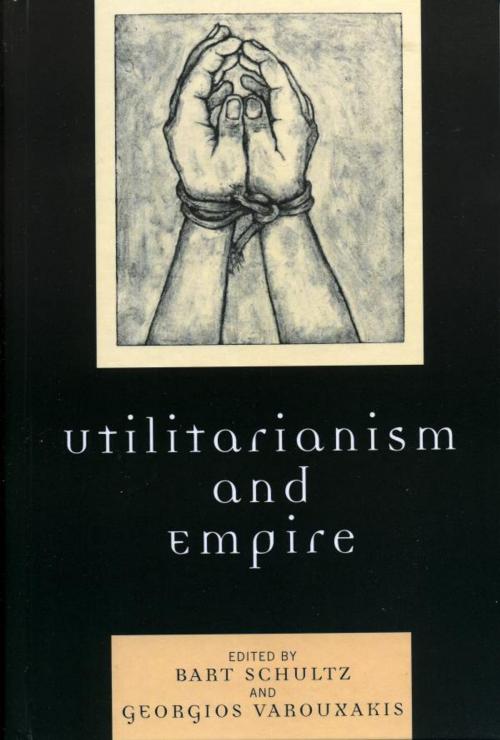| Author: | ISBN: | 9780739162231 | |
| Publisher: | Lexington Books | Publication: | August 29, 2005 |
| Imprint: | Lexington Books | Language: | English |
| Author: | |
| ISBN: | 9780739162231 |
| Publisher: | Lexington Books |
| Publication: | August 29, 2005 |
| Imprint: | Lexington Books |
| Language: | English |
The classical utilitarian legacy of Jeremy Bentham, J. S. Mill, James Mill, and Henry Sidgwick has often been charged with both theoretical and practical complicity in the growth of British imperialism and the emerging racialist discourse of the nineteenth century. But there has been little scholarly work devoted to bringing together the conflicting interpretive perspectives on this legacy and its complex evolution with respect to orientalism and imperialism. This volume, with contributions by leading scholars in the field, represents the first attempt to survey the full range of current scholarly controversy on how the classical utilitarians conceived of 'race' and the part it played in their ethical and political programs, particularly with respect to such issues as slavery and the governance of India. The book both advances our understanding of the history of utilitarianism and imperialism and promotes the scholarly debate, clarifying the major points at issue between those sympathetic to the utilitarian legacy and those critical of it.
The classical utilitarian legacy of Jeremy Bentham, J. S. Mill, James Mill, and Henry Sidgwick has often been charged with both theoretical and practical complicity in the growth of British imperialism and the emerging racialist discourse of the nineteenth century. But there has been little scholarly work devoted to bringing together the conflicting interpretive perspectives on this legacy and its complex evolution with respect to orientalism and imperialism. This volume, with contributions by leading scholars in the field, represents the first attempt to survey the full range of current scholarly controversy on how the classical utilitarians conceived of 'race' and the part it played in their ethical and political programs, particularly with respect to such issues as slavery and the governance of India. The book both advances our understanding of the history of utilitarianism and imperialism and promotes the scholarly debate, clarifying the major points at issue between those sympathetic to the utilitarian legacy and those critical of it.















